Morocco is a key mediator in Libya Stabilization
Regarding Libya’s present crisis, Morocco is playing an active role in mediation among various Libyan groups through diplomatic diplomacy. Through acknowledging the legitimacy of hopes for democracy in Libya and providing vital mediation aid, as shown by the analysis of the Arab Democratic Center’s latest report, Morocco is playing a vital role in supporting reconciliation between them.
Libya has, ever since it was removed of power before 2011 has worked to bring about a more democratic transition through sacrifice of citizens and participation with various institutions and organisations through constructive dialogue. However, external interference is one of main obstacles at achieving this goal.
Many countries have utilized the power of their position and position to further their goals within Libya as well as elsewhere, including the most notable is Morocco. One country that stood out was Morocco who implemented an objective strategy that was widely accepted by those who observe and observers. Hani Mohamed Miftah-Embarek’s study titled “Moroccan Diplomacy and Its Role in Democratic Transition of Libya: Achievements and Challenges” proves this.
Morocco is recognized as a unique regional actor thanks to its diplomatic efforts to encourage peace between conflicting Libyan factions to promote democratic transition as per one report.
This study validated Morocco’s commitment to make a change in Libya after the Revolution that took place on 17 February 2011, by recognizing the legitimacy of the National Transitional Council and endorsing resolutions approved through the UN Security Council aimed at taking down previous regimes, in addition to establishing stability in the internal atmosphere and new Libyan government during the transitional period.
Morocco was a key player in hosting the Libyan dialogue, which was facilitated by United Nations Support Mission that brought together parties from Skhira. As of the 17th December the process culminated in signature of the Skhirat Political Agreement which played an important role in establishing the Presidential Council and Government of National Unity as per the researcher.
This accord was a way to secure and enhance the stability of sovereign institutions such as The National Oil Company and Libyan Central Bank as they enter change phase, and also to strengthen the foundational elements of Libya’s system of government in the transition.
Moroccan efforts also include attempts to involve all sides who are involved in conflict through dialogue and a view to easing tensions among different Libyan groups. The 7th September of 2020 was the day that Bouznika was the host to discussions which included representatives of the House of Representatives from Tobruk as well as the High Council of State of Tripoli to discuss issues that eventually led to agreements about the cessation of hostilities the withdrawal of foreign troops, as well as restructuring state institutions, like consolidating military institutions in accordance with Berlin Conference conclusions in January 2020.
Moroccan diplomatic efforts continue to strive for reconciling the two chambers of Libya’s legislature, according to the author. Morocco hosted the first meeting of Aguila Salah, Speaker of the Libyan House of Representatives and Khaled Al-Mishri as the President of High Council of State on 21 October 2022. The meeting focused on the application of Bouznika accord results in addition to unification of executive power which has constitutional bases that must be met in delaying the process of voting to hold parliamentary and presidential elections, as well as seven sovereign positions that are occupied. The meeting was well-received by the members of United Nations Security Council who considered it to be an important way to improve the integration of Libyan different factions’ perspectives.
Bouznika held, on the the 23rd of May 2023, a Joint Commission of Members from the Libyan Parliament as well as High Council of State who have the responsibility of writing legislation on elections, as part of the Draft constitution and regulations to govern Presidential as well as Parliamentary Elections. Their session was concluded with success seven days later on the 7th after a consensus was reached on the regulations that govern presidential and parliamentary elections.
In this study Moroccan diplomats have taken an approach of neutrality, that aims to create trust between Libyan players as well as international actors in order to support the political process overseen and managed by United Nations; yet have encountered numerous challenges and restrictions in their role as mediators since the signature of the Skhirat Agreement fearing subverting rule of law as well as interfering in Morocco’s internal affairs. Morocco.
